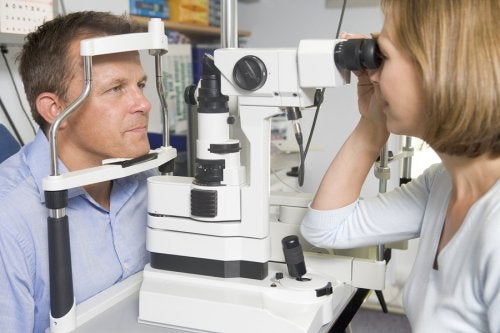After you have been diagnosed with diabetes, your ophthalmologist will be an important member of your diabetes care team. This is because your disease places you at risk of eye health complications, including glaucoma. People with diabetes are thought to be twice as likely to develop open-angle glaucoma compared to non-diabetics. Interestingly, people who already have open-angle glaucoma are at a higher risk of developing type 2 diabetes compared to people without glaucoma. At an optical center in Chicago , diabetic patients can undergo testing for glaucoma. The sooner glaucoma is detected and treated, the better the outcome will be. Your eye doctor may ask you to return to the optical center for routine exams more frequently than patients without diabetes.
In addition to getting your vision checked regularly, you can protect your eye health and systemic health by following your primary care physician’s diabetes management guidelines. You may be asked to take oral medications or injected insulin to control your blood sugar levels. Lifestyle changes like careful meal planning and regular exercising are other essential ways to reduce the risk of diabetes-related complications like glaucoma.


